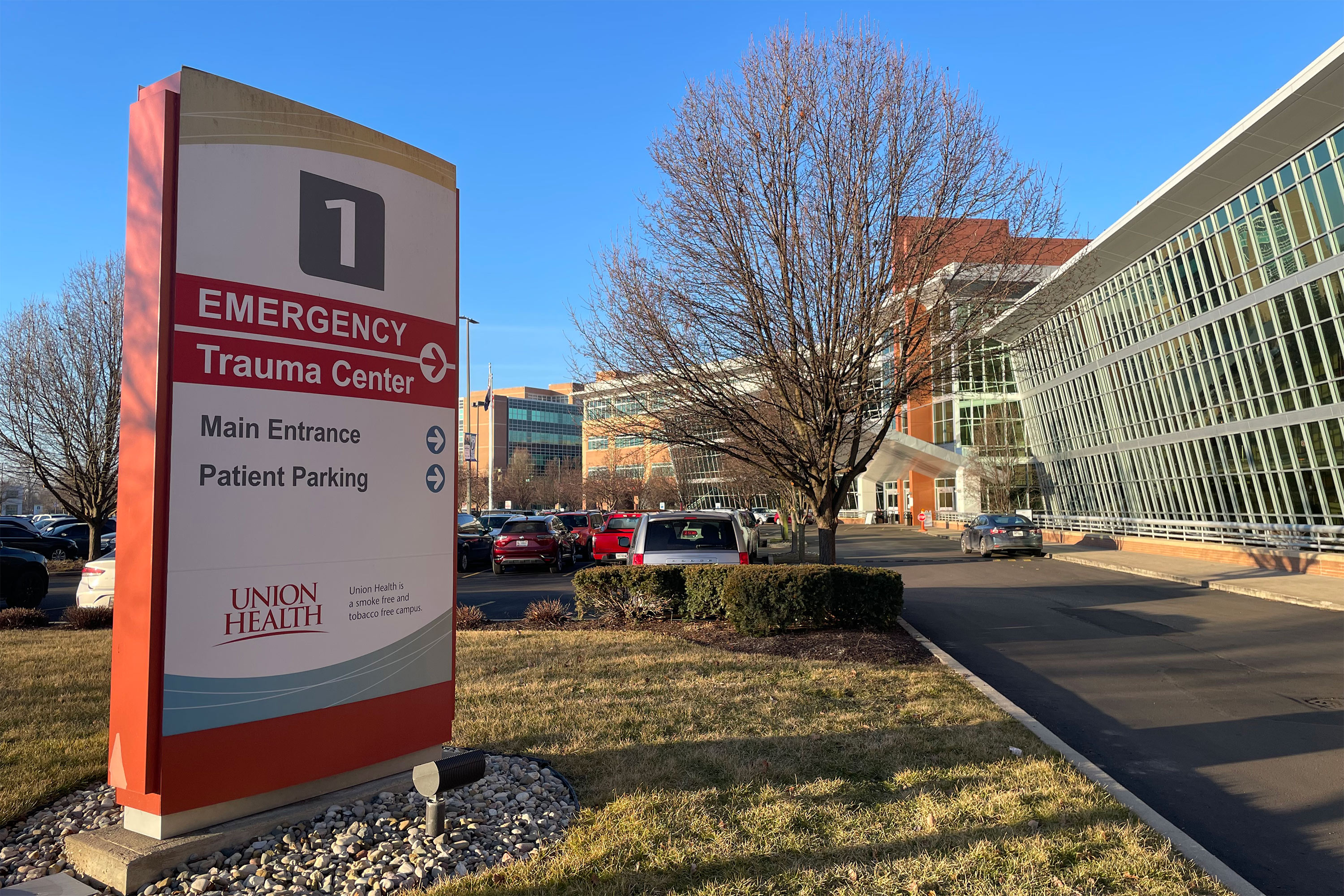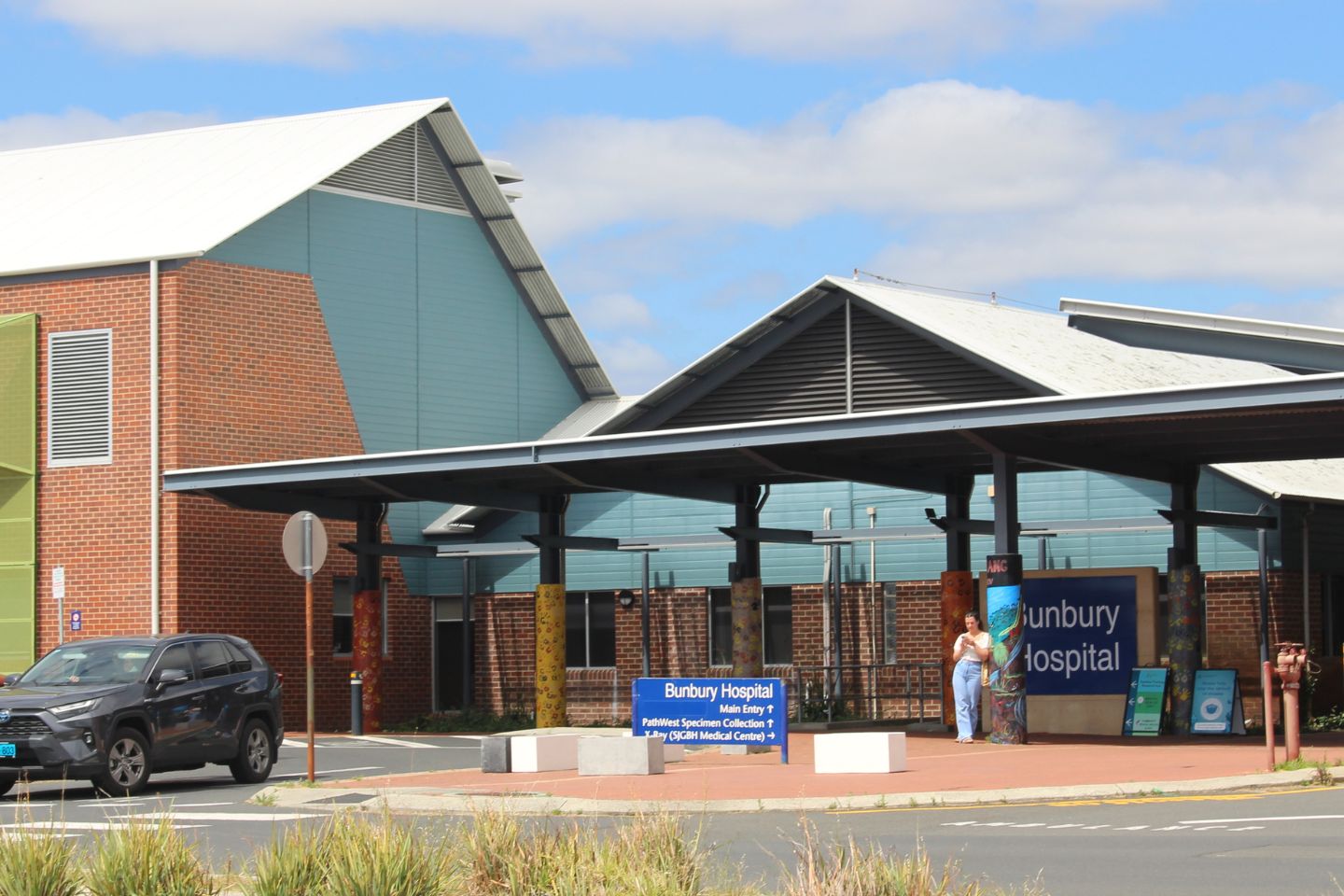The condition occurs in roughly one percent of women who undergo egg freezing, and is more common in those with polycystic ovary syndrome because P.C.O.S. can increase the risk of developing too many follicles, which in turn can cause ovarian hyperstimulation syndrome, Dr. Christianson said.
Women who freeze their eggs at younger ages, in their early 20s, are also more at risk, Dr. Christianson said, because larger egg supplies are a risk factor for hyperstimulation. The more eggs a woman has, the higher the chance that the medication she takes before egg retrieval will stimulate a large number of ovarian follicles.
Doctors can carefully monitor patients and reduce ovarian hyperstimulation syndrome risks, but anyone considering egg freezing should be counseled on the danger of the condition, Dr. Christianson said.
How much does egg freezing cost?
Costs vary between fertility centers, but in general, a single cycle of egg freezing, including ultrasound monitoring and doctor supervision, can cost around $4,500 to $8,000, Dr. Christianson said. Patients typically complete one or two cycles, she added. Insurance coverage may vary depending on the type of plan a patient has.
The injectable medication, separately, costs between $4,000 and $6,000 per cycle, she said, depending on how much medication the patient needs.
Storing eggs is an additional cost — it can reach over $500 each year.
Who is a candidate for egg freezing?
Egg freezing is no longer an experimental treatment, but it’s not a fertility panacea either. One study of more than 500 women, published this summer, found that the overall chance of a live birth from frozen eggs was 39 percent. The findings also suggest that age and egg quantity contributed to the success rates: If a woman was younger than 38 or thawed more than 20 eggs, her chances increased significantly. Guidelines from the American College of Obstetricians and Gynecologists state that there is not enough research to support egg freezing solely to delay having a child.
Some experts, however, said that anyone at risk of age-related infertility could be a candidate. Other people who might seek out the procedure are those who are about to undergo chemotherapy, which could affect the ovaries, or people who identify as transgender or nonbinary and are considering gender-affirming hormones, Dr. Adeleye said.





















Discussion about this post